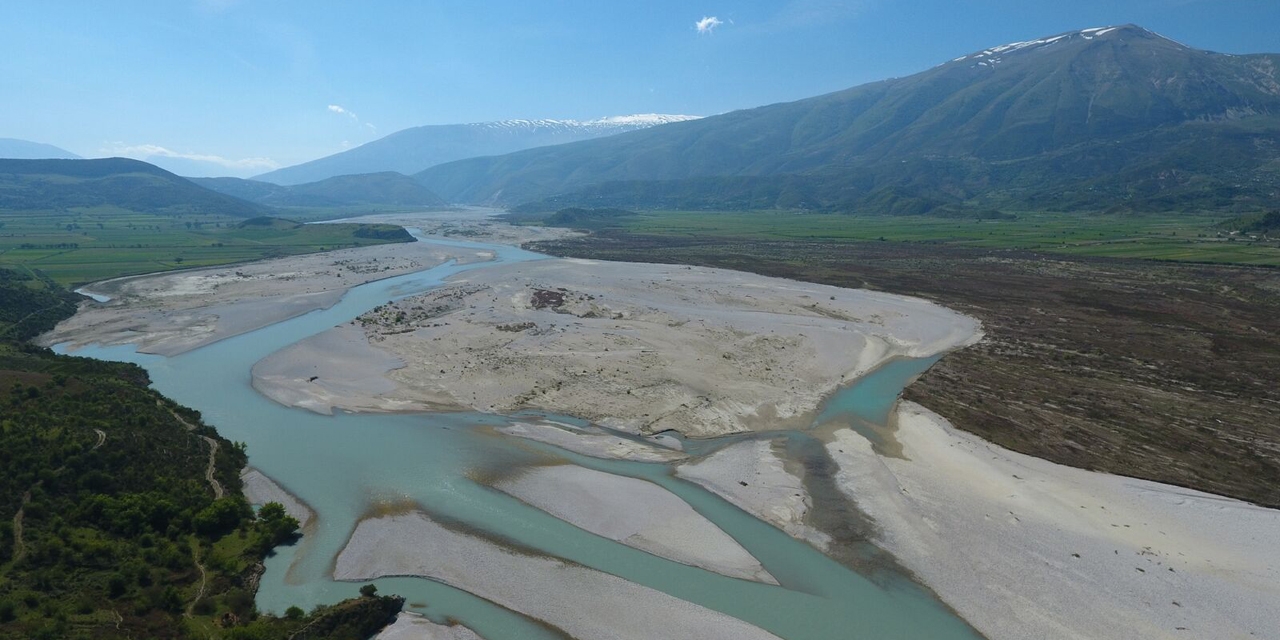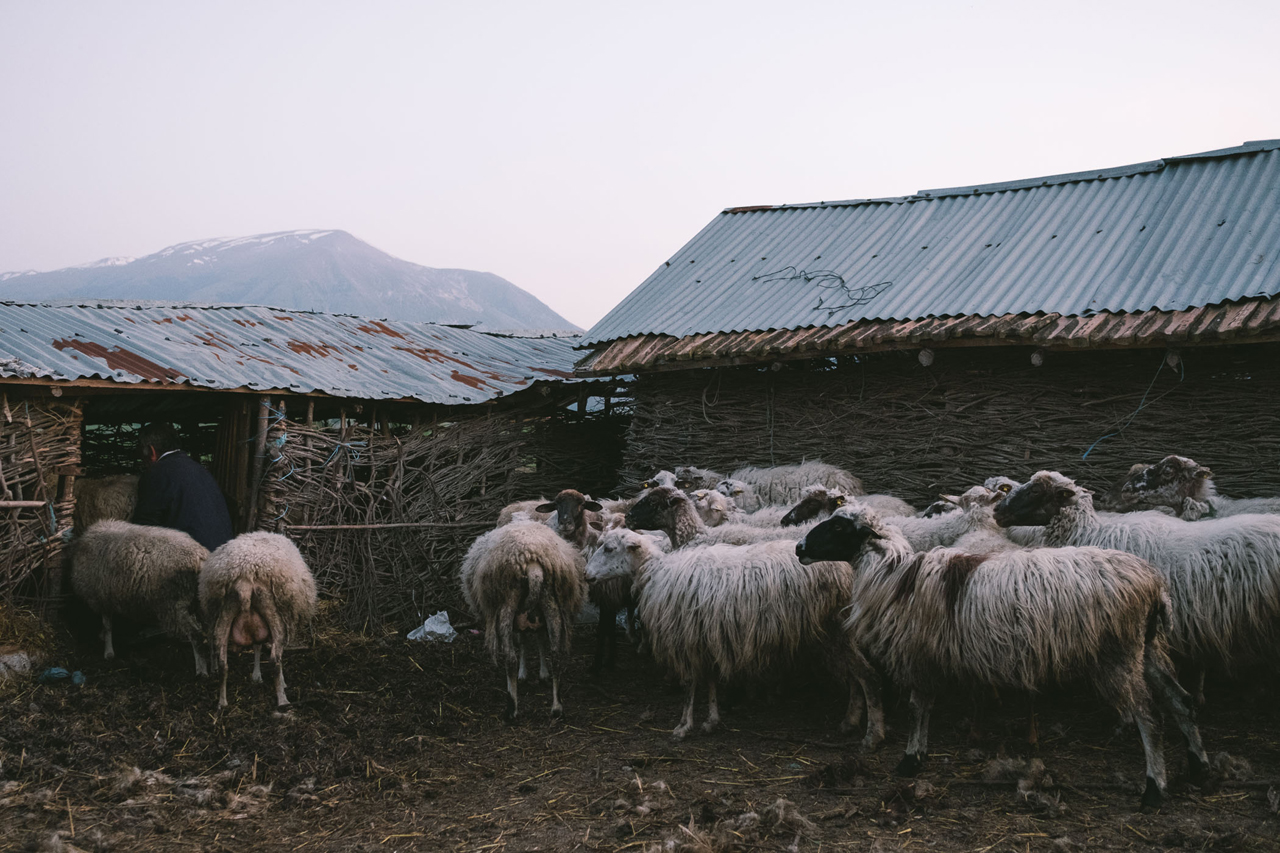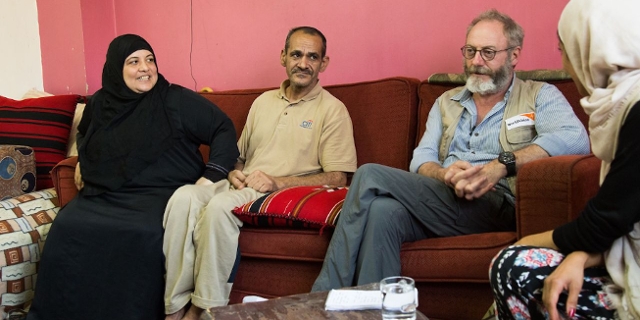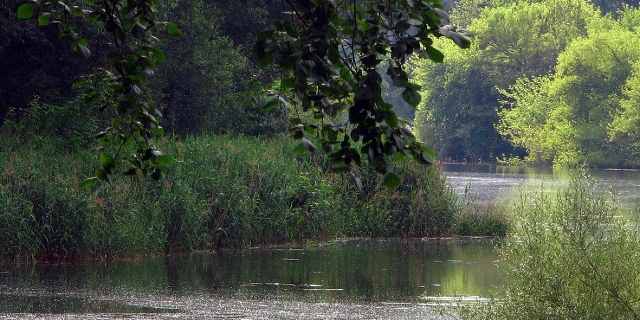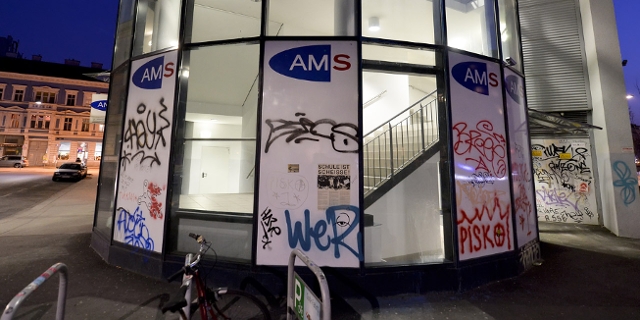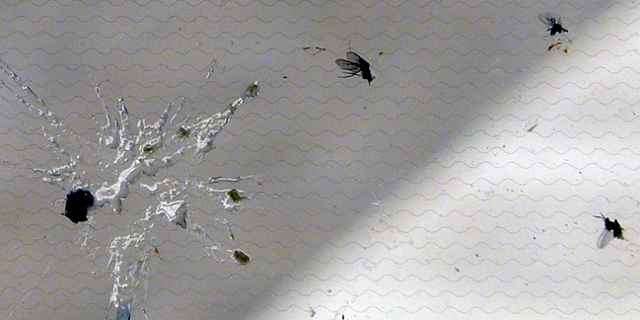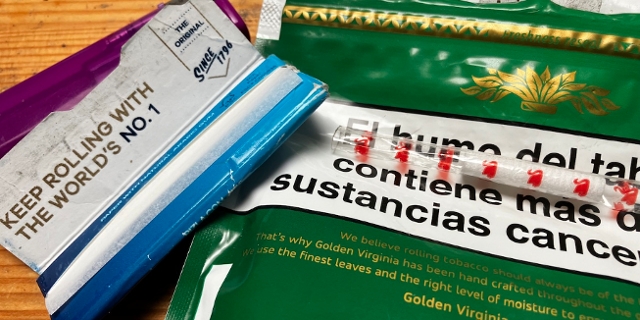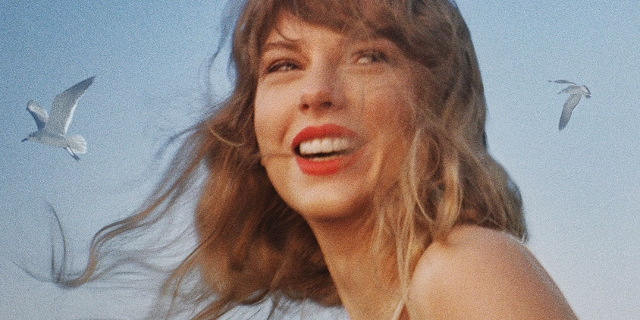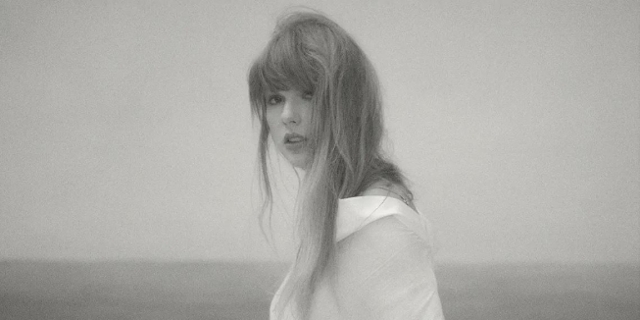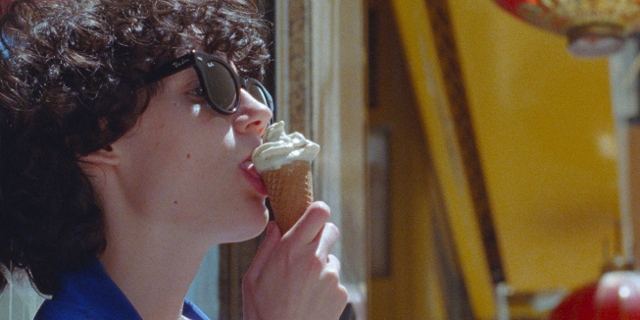Protect the dam(n) river!
Reality Check on Saturday, May 20th
Listen to a Reality Check Special with Johnny Bliss at the banks of the river Vjosa, along with scientists, activists, and locals.
Saturday, May 20th, 12-13, and afterwards seven days on demand.
By Johnny Bliss
When I was offered the opportunity to go on a press trip to Albania, I had never even thought of visiting this country, had never heard of the river Vjosa, and had no idea that it was anything special. A friend working on the Save the Blue Heart of Europe campaign sent me a few interesting paragraphs, however, and they caught my interest.
1.) „The Vjosa is scientifically still a blank page – we might know more about the flora and fauna of the Amazon than we do about this river. So it is very likely that if built, the projected dams will eradicate species that we don’t even know about yet. “
2.) The river Vjosa „is the queen of European rivers, flowing unobstructed from the Greek Pindus mountains all the way through South Albania into the Adriatic Sea – the last big truly wild river in Europe.“
3.) The government „has approved a dam in the southern Vjosa near the village of Kut, which would flood local farmland and destroy the flow of the river; unfortunately, this is just one of over 2700 planned hydropower projects in this part of the world. In the case of the Vjosa, several nature conservation organisations (EcoAlbania, Riverwatch, EuroNatur), as well as 38 affected residents filed a lawsuit against the projected hydropower plant ‚Poçem‘ on the Vjosa with the Albanian Administrative Court.“
4.) According to Balkanrivers.net: „The Environmental Impact Assessment (EIA) accepted by Albanian authorities was utterly inadequate: more than 60% of the EIA was simply copied word-for-word from other projects, flora and fauna was not even assessed at all, etc.“
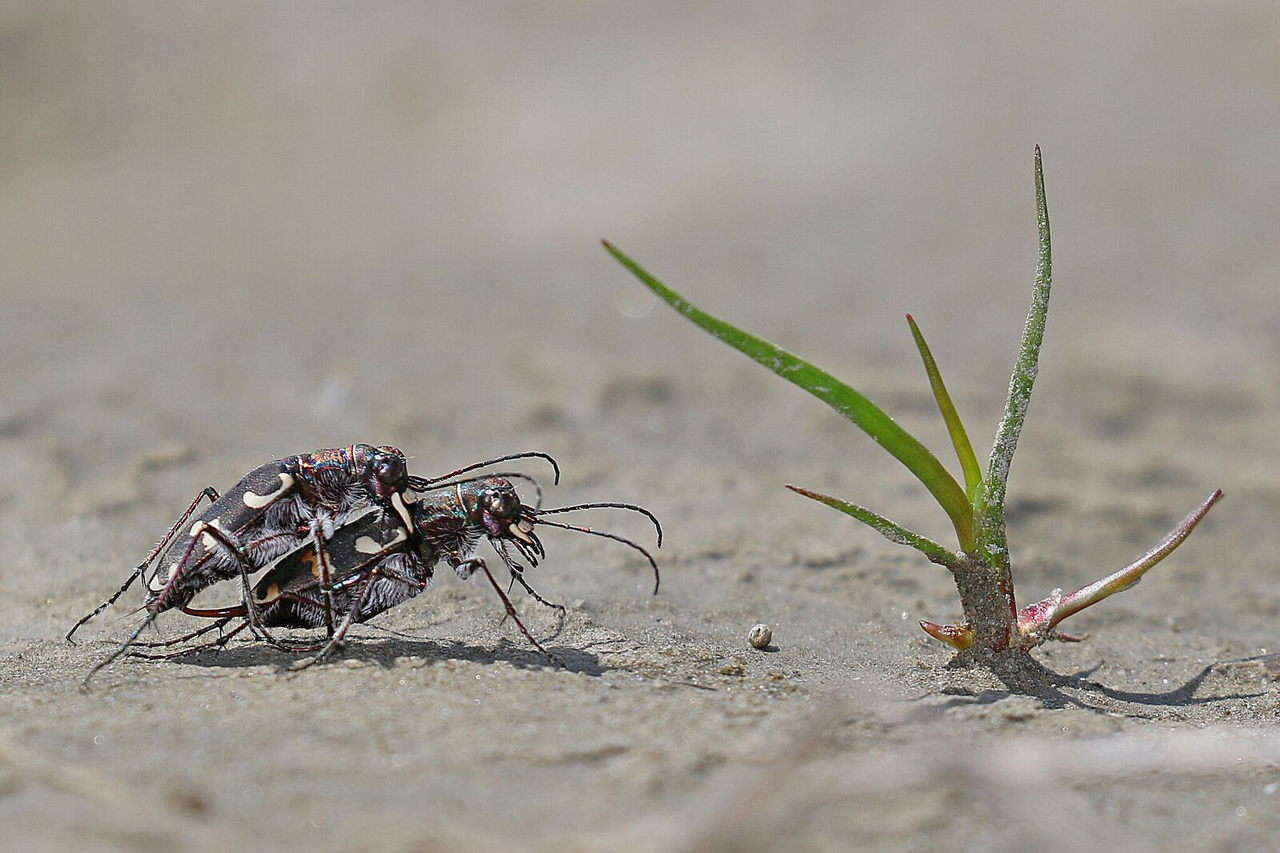
Gernot Kunz
5.) During my projected stay, „about 30 scientists from Austria, Germany and Albania will meet at the projected dam site on the Vjosa and explore the flora and fauna for a week. It is very likely that new species will be discovered in that week. During their research, the scientists will stay with residents in the village of Kut, which would be severely affected by the projected Poçem dam. Daily meetings at the village tavern will be held.“
6.) A very unique press conference would be held, on a small gravel island in the middle of the Vjosa river. To get to the press conference, however, one would need to take a paddle boat...
So, even though I really wanted to take a break from traveling, how could I say no to such an intriguing offer?
The road from Tirana
On one hand, it’s very easy to get to Albania from Vienna – just over one hour on a plane and you’re directly in Tirana.
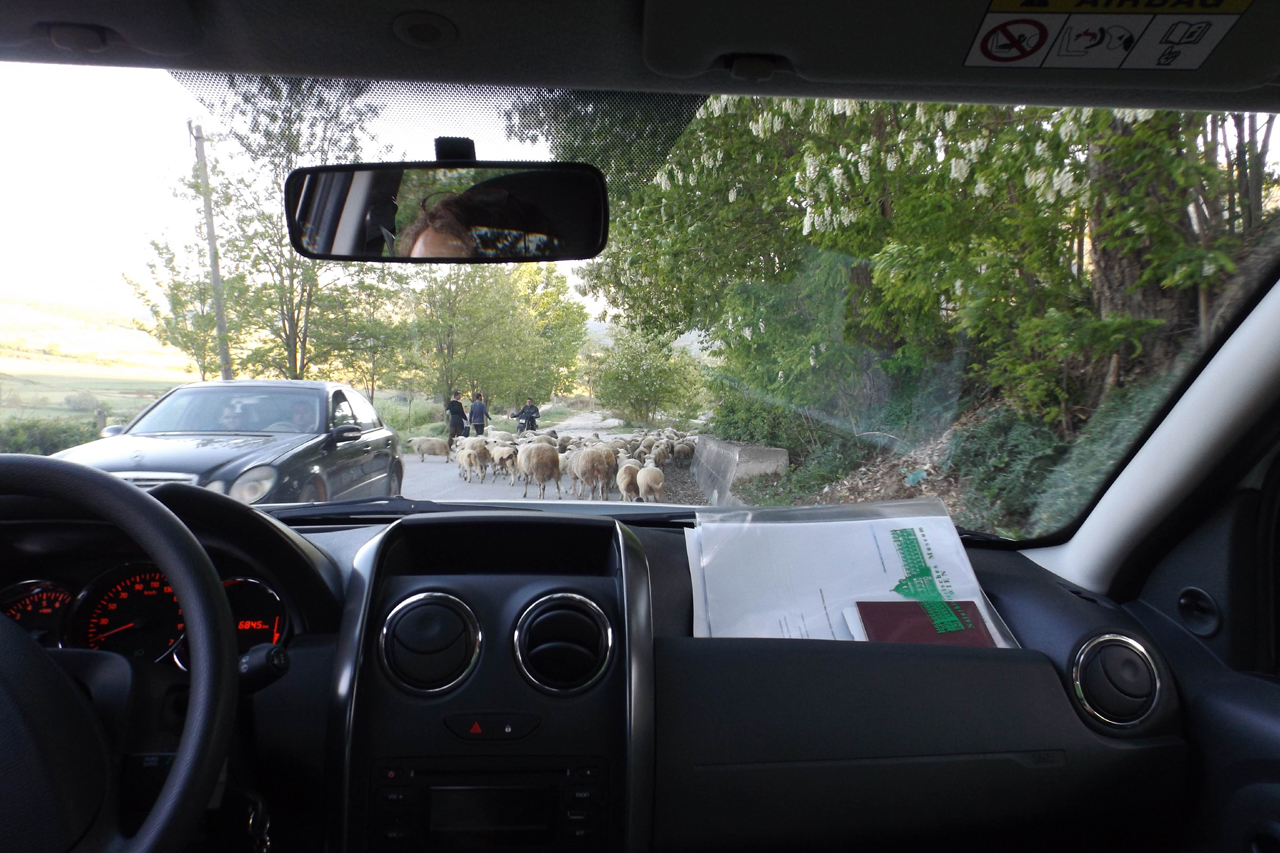
Johnny Bliss
But then, to get to Kut village and the river, you need to drive over bumpy gravel roads and on paths seemingly more suitable for donkeys than for cars, and although the distance is short, the road trip takes nearly three times as long as the plane ride. I went there with some Austrian scientists from the Vienna Natural History Museum, Helmut and Lisi, and at times, we weren’t entirely sure if we were on the right way at all!
The Musicians
As we arrived, the sun was just disappearing behind some distant mountains, and at the village restaurant, all was festive. Albanian raki was flowing like water, and international scientists and journalists were bonding with villagers and local scientists. I was just taking my seat for dinner, when one of the local scientists, a biologist named Olsi, burst into song.
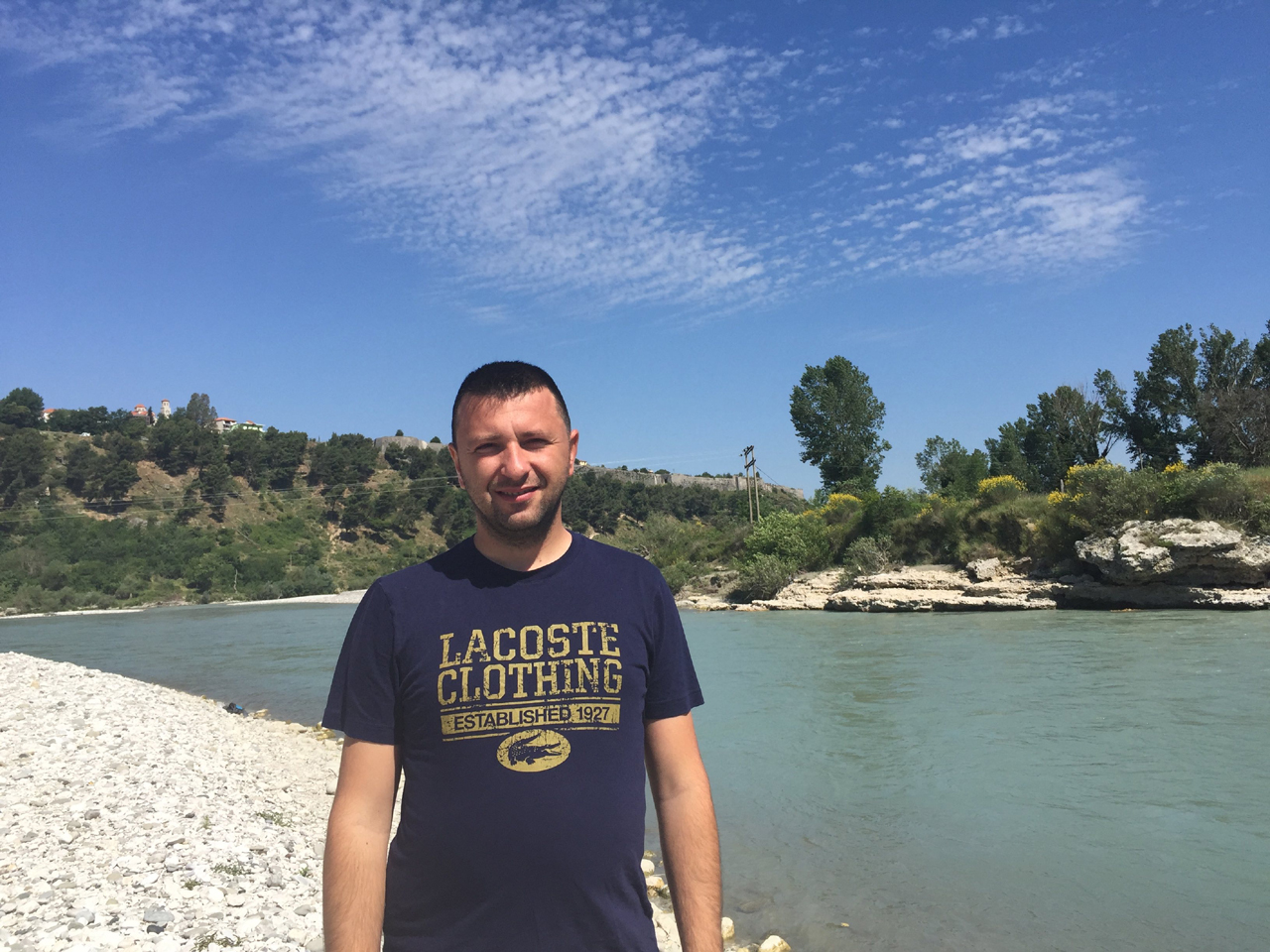
Olsi Nika
Olsi Nika at the Vjosa
Olsi, accompanied by a spontaneous choir of villagers, was doing a unique form of iso-Polyphonic singing, which you can only find in Albania. A little later in the evening, I cornered Olsi, to ask about this cultural practice.
“In the Vjosa valley, there are some sayings that if there are three people from the same region, they start singing. And because of this importance and uniqueness, it is actually classified as UNESCO Heritage. I never had a teacher to teach me how to sing an iso-Polyphonic song, but I learned it! It is like walking or something. Hearing the others singing, and that’s it.
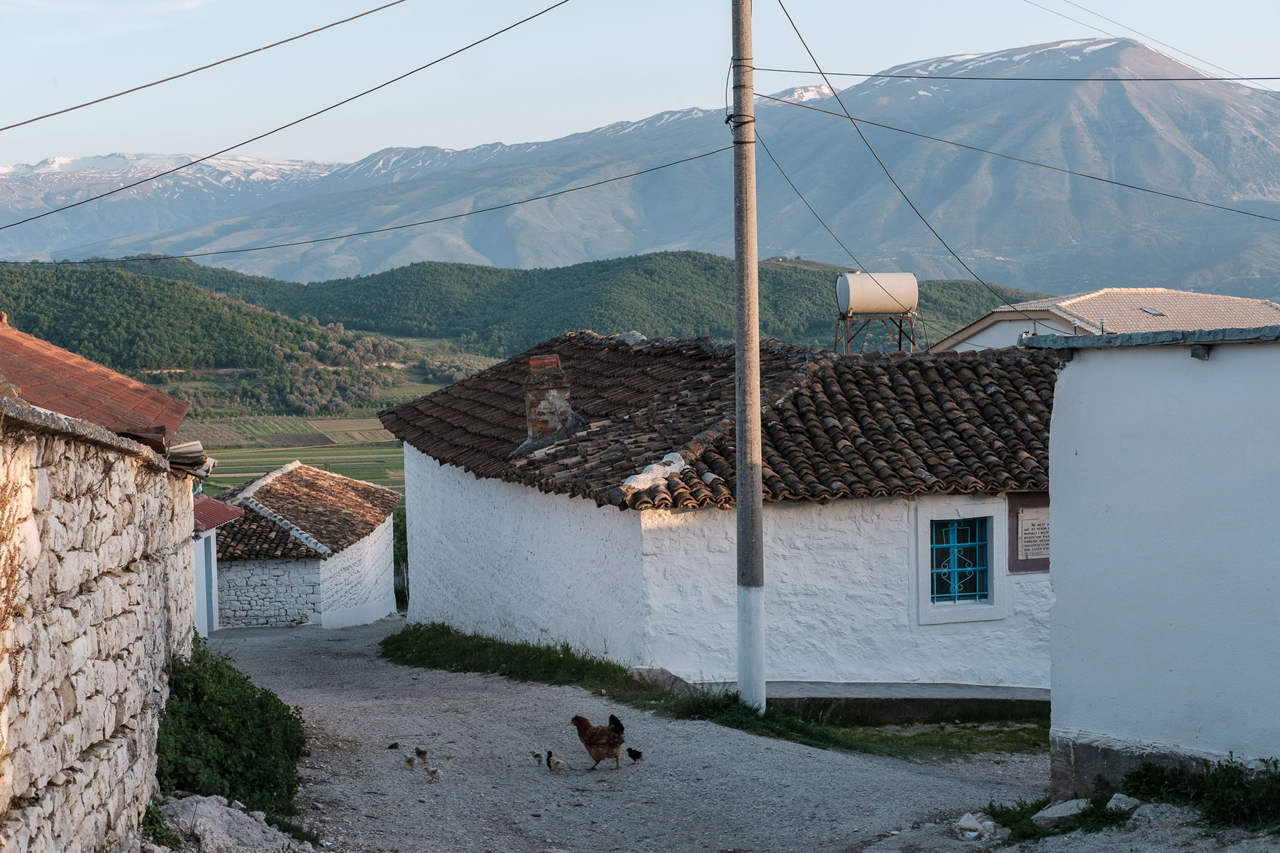
Nick St. Oegger
“The song of the Bënça river valley, which is a tributary to the Vjosa, is a fast, white-water river! And the iso-polyphonic rhythm [there] is like an earthquake. [On the other hand], at Kut village, the rhythm is slow like the water flow of the river. The way of singing and the way of river flows.”
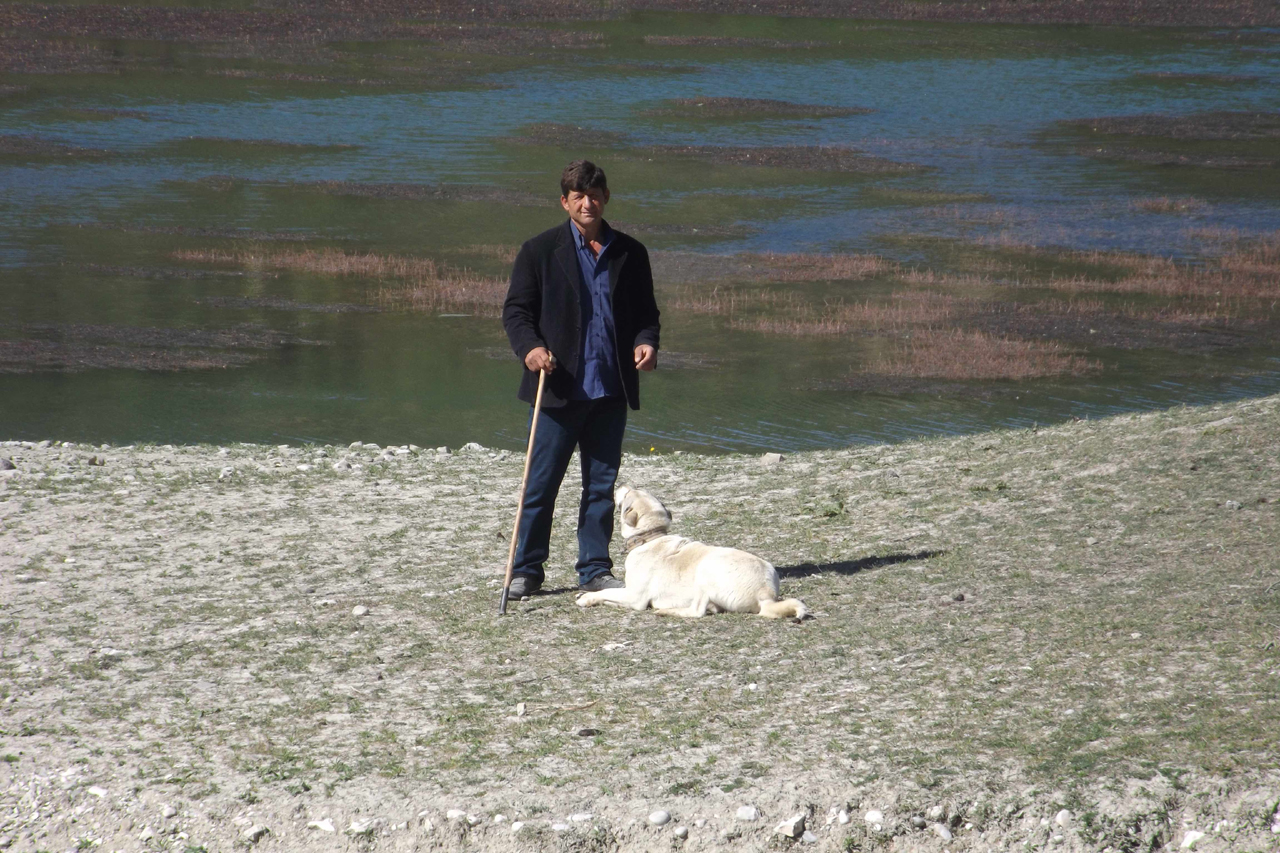
Johnny Bliss
I asked him if he thought, if there weren’t these rivers flowing through Albania, might there also not be any iso-Polyphonic singing?
„It’s a difficult question, but if there weren’t the rivers, there weren’t also the people who live in the local community, because the river actually creates the conditions for civilization to be established. It’s the main resource that creates the civilization, the water is life.“
As it turned out, Olsi was no mere musician; he also was the head of the Albanian NGO, EcoAlbania, which fights for the preservation of the river. We spoke about this notion that „hydro“ energy is also „green“ energy:
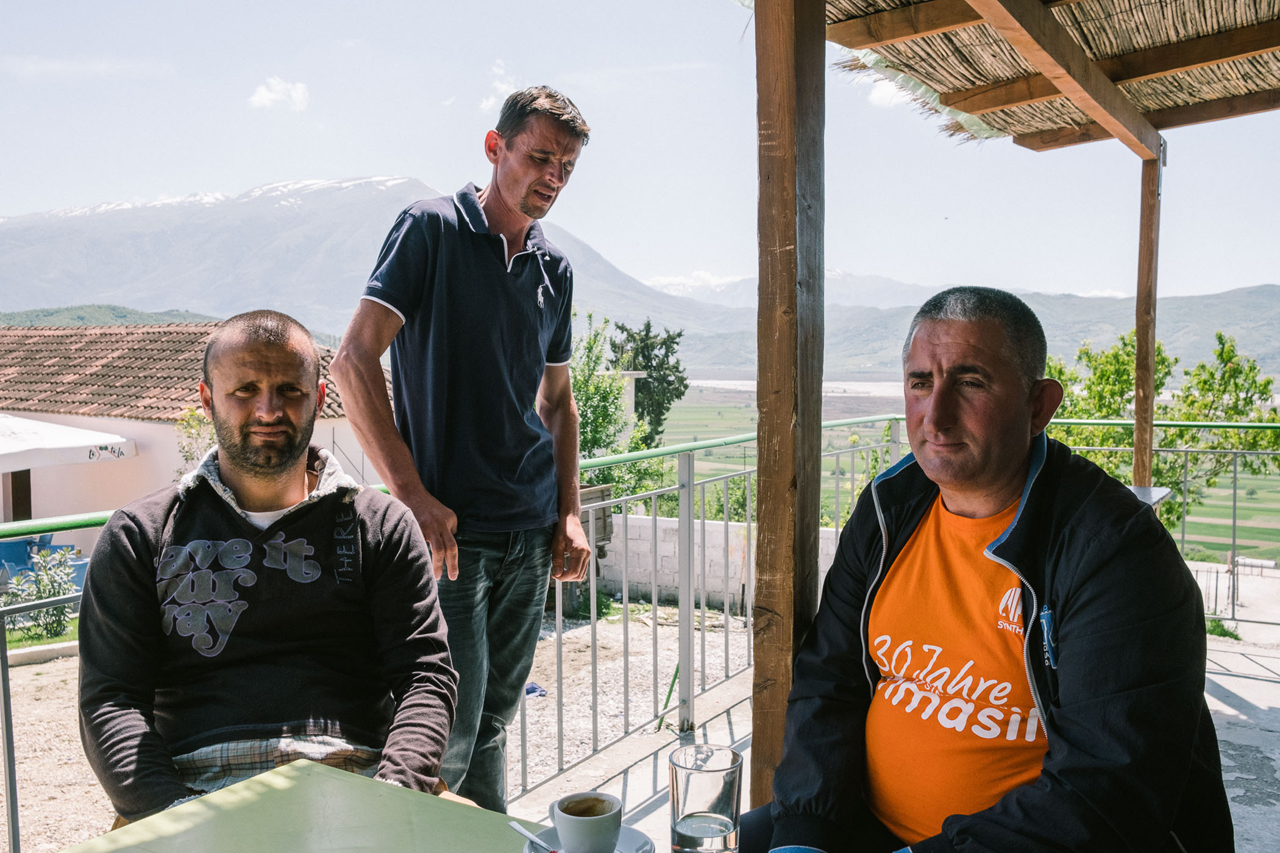
Nick St. Oegger
The Scientists - Thomas & Wolfgang
Over 30 scientists came this week from all over Europe to bear witness to how much is still as yet unknown about the life thriving both within and around the Vjosa river. Every day during my stay, they were going down to the river with their tools to dig, explore, and attempt to discover new species unknown to science.
At the banks of the Vjosa, I cornered two of these scientists…Austrians, at that! Wolfgang Paill from the Natural History Museum in Graz, and Thomas Frank from Vienna’s University of Natural Resources and Life Science.
Thomas: „My first impression was that this is a highly dynamic river that can extend in every possible direction. For example, take the gravel bank on which we are standing right now: if you come back next year, this particular bank might be gone entirely, flooded, while a new one would have probably formed some 100 meters above or below. This was a very first impression that, as a biologist, one will find very astonishing and pleasing. In this area, the river expands over 2.5 km in width. This doesn’t mean the entire area is flooded, but one can see the impact of the river all the way to the hillsides, where the riverbed finally ends.“
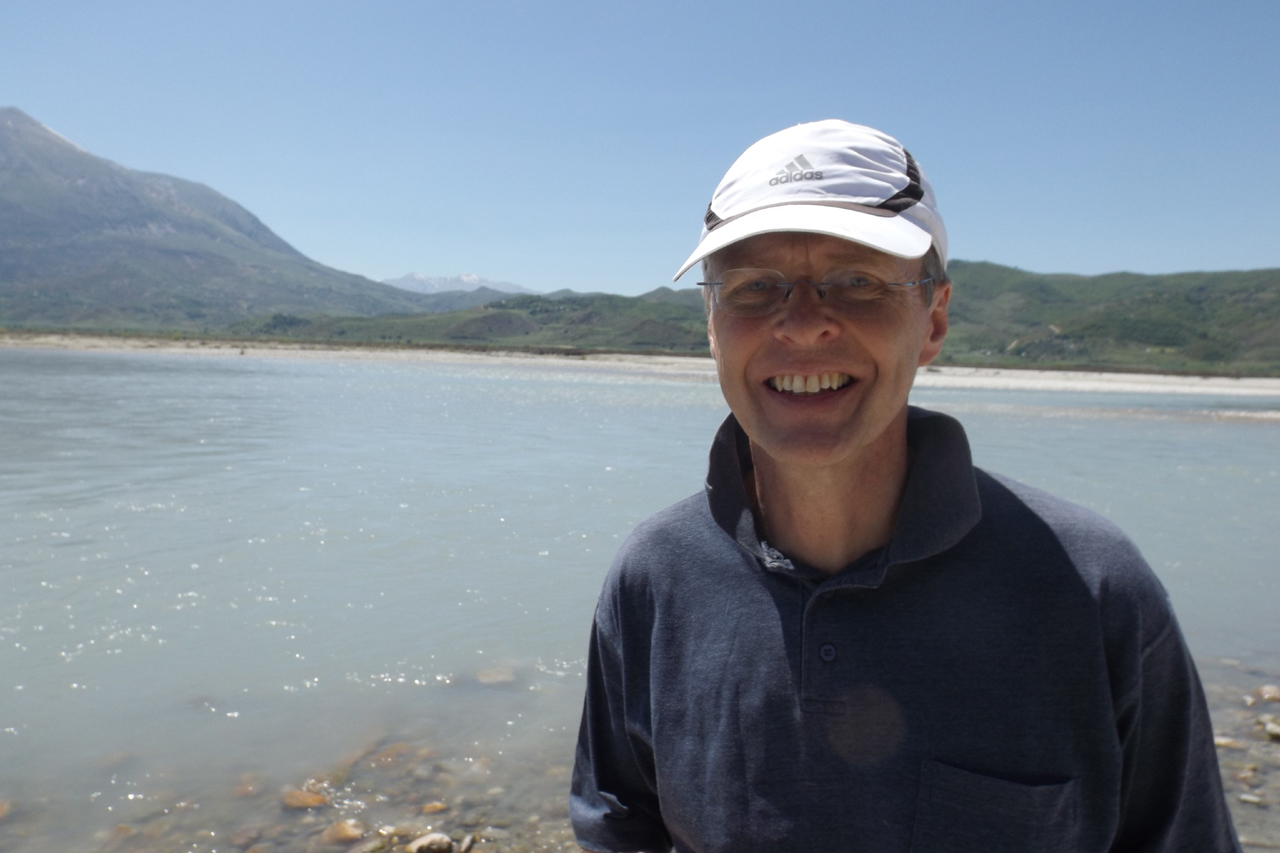
Johnny Bliss
Thomas Frank
Wolfgang: „We have discovered many beautiful species, but yesterday evening we found a particularly special one, a shimmery green riparian ground beetle whose bizarre Latin name is Poecilus striatupunctatus. This species is nearly extinct in central Europe – currently there are only one or two known populations – and we found many of its specimens at the Vjosa today. The same is true for a variety of other species that we found yesterday such as species of tiger beetle that can’t be found in Central Europe but here occur in unbelievable quantities. This shows how important it is to preserve extensive, dynamic alluvial systems in order to protect habitats that are very specific and rare even in natural systems. So all in all, many spectacular species to be found here!“
Thomas: „Even though I predominantly work with small animals, I have noticed that this river system also hosts bigger ones, such as amphibians. You can hear the marsh frog croaking in the background, and on the island over there we found European green toads the day before yesterday. These are, of course, amphibians one can also find in Austria, but what is special here is that they are actually living in a natural, pristine river system, which is their original, ancestral habitat – while in Central Europe they are forced to adapt to substitute habitats since the original habitats have been destroyed.“
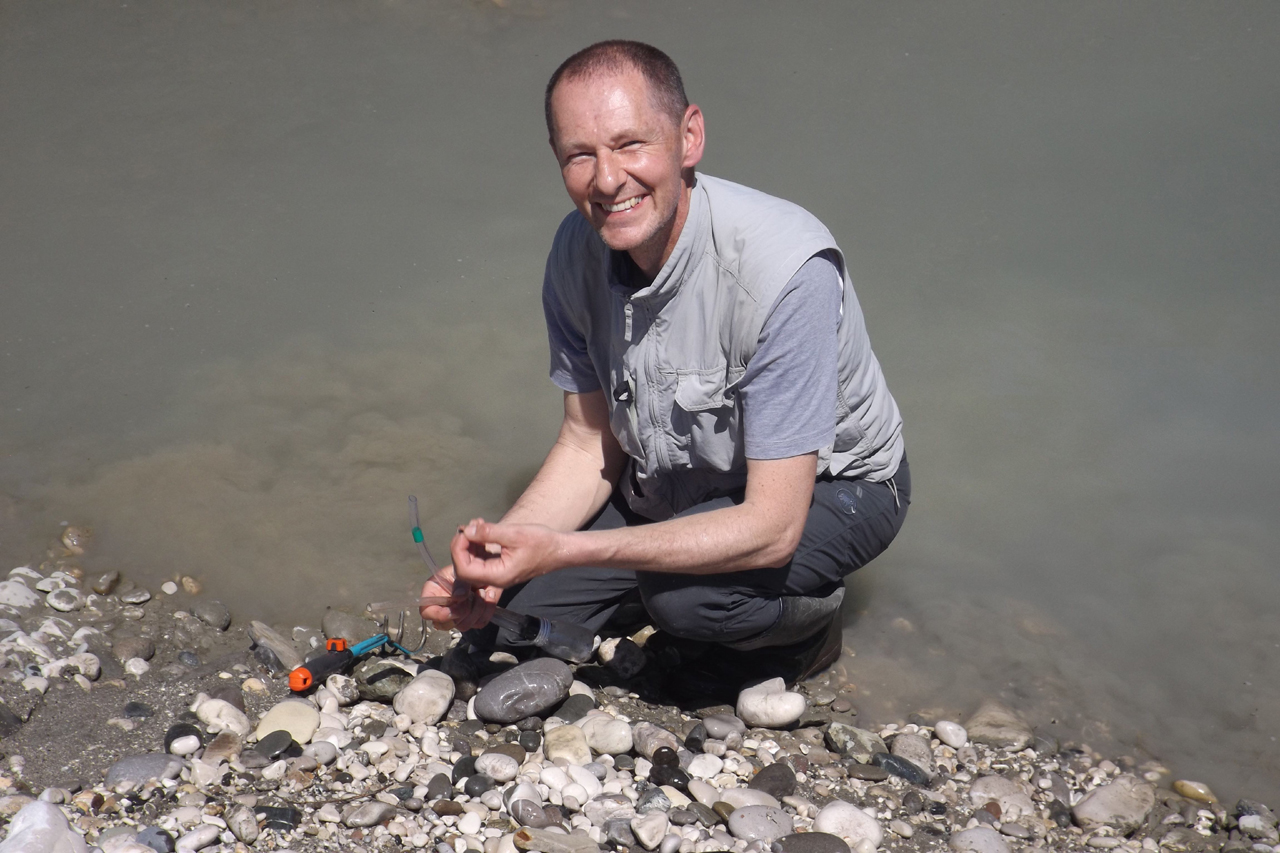
Johnny Bliss
Wolfgang Paill
Wolfgang: „Today, when I first got to the place we are standing right now, I was absolutely astonished, even though I have studied aerial images beforehand; this landscape is unbelievably beautiful and I cannot comprehend how anyone would want to alter this river system! I think that the people behind planning the dam have never actually been here, because there is no way that anyone would want change this landscape after seeing it in real life – that’s impossible. People should be forced to come exactly to this spot to see what they want to destroy.“
The local village administrator
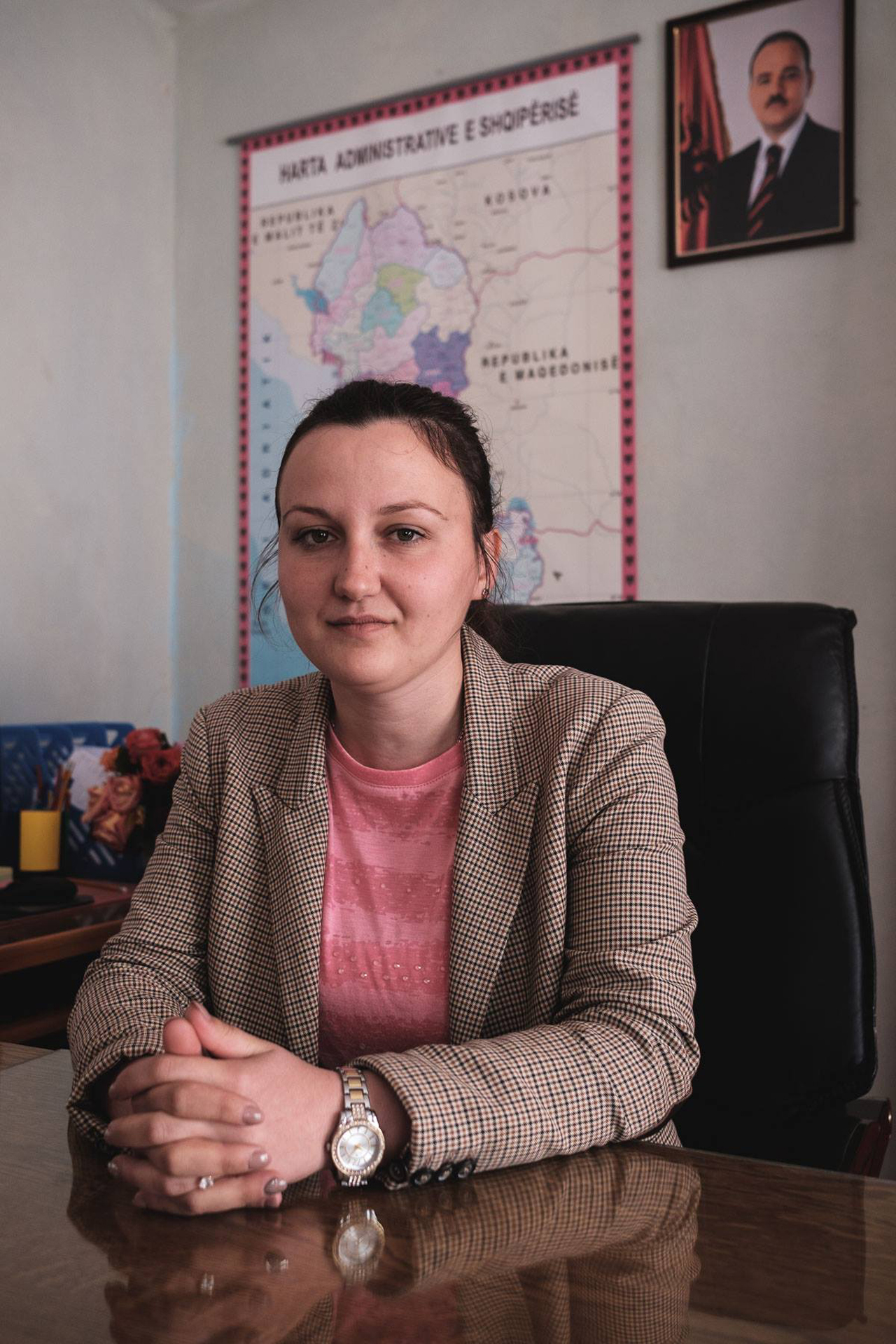
Nick St. Oegger
The mayor Romina Mustafaraj
Based on the demographics of the rest of the village, I was expecting an old fisherman or something... So I was surprised to meet a twenty-five year old woman! The head of this village, Romina Mustafaraj, would not look out of place in a modern city like Albania’s capital Tirana, or Vienna for that matter. A modern millennial with a smart phone, and multiple university degrees, she had not imagined herself entering politics. That was just what life threw at her! I sat down with her in her small office in the village centre, and we had a chat (through a translator) about the dam project, and how it was likely to affect the village.
„I believe that when the dam will be built, nobody will live here,“ she told me. „The lands will be flooded, and there will be no reason to stay.“
I asked her where she thought they would go.
„I cannot predict, but I assume that people would go to the cities and find temporary employment, which is no solution because it will destroy their entire way of life.“
As a representative of the local government, had she spoken with the Albanian federal government about her grievances?
„I didn’t really have any communication with the prime minister... I think that they don’t care. Politicians, the government, care more about the people who live in the cities, with a much higher population of voters than in the villages. In fact, our municipality sent a request for information to the government, and till now have received no reply.“
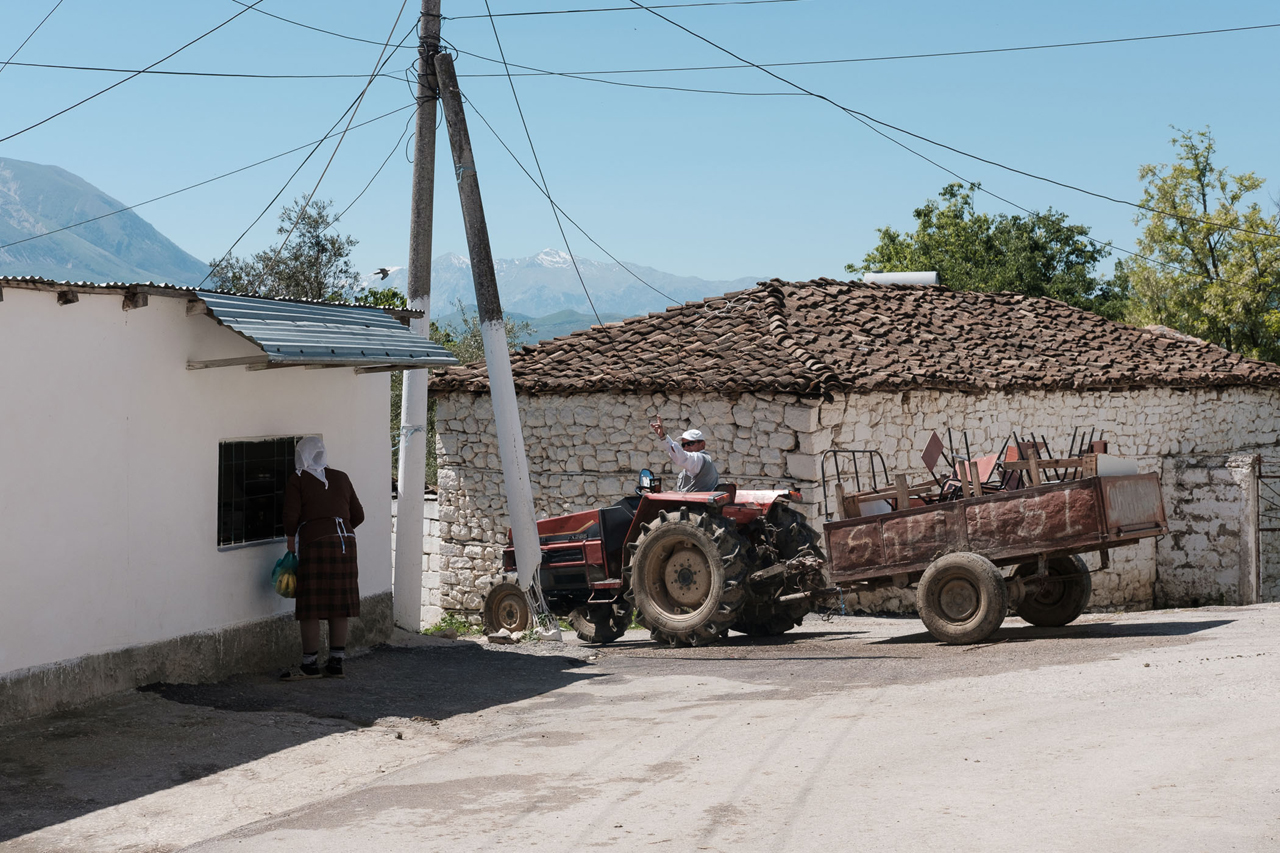
Nick St. Oegger
The weirdest press conference ever
To get to the small island in the blazing sun where they were holding this press conference, first we had to board a small paddle boat... with, I might add, all of our electronics! Because the boat couldn’t get to the edge, eventually I had to walk through the water, carrying my socks and shoes in one hand and my electronic recording equipment in the other.
I asked the main organizer, an activist named Ulrich Eichelmann, what the hell he was thinking, putting a press conference with media and scientists all the way out there!
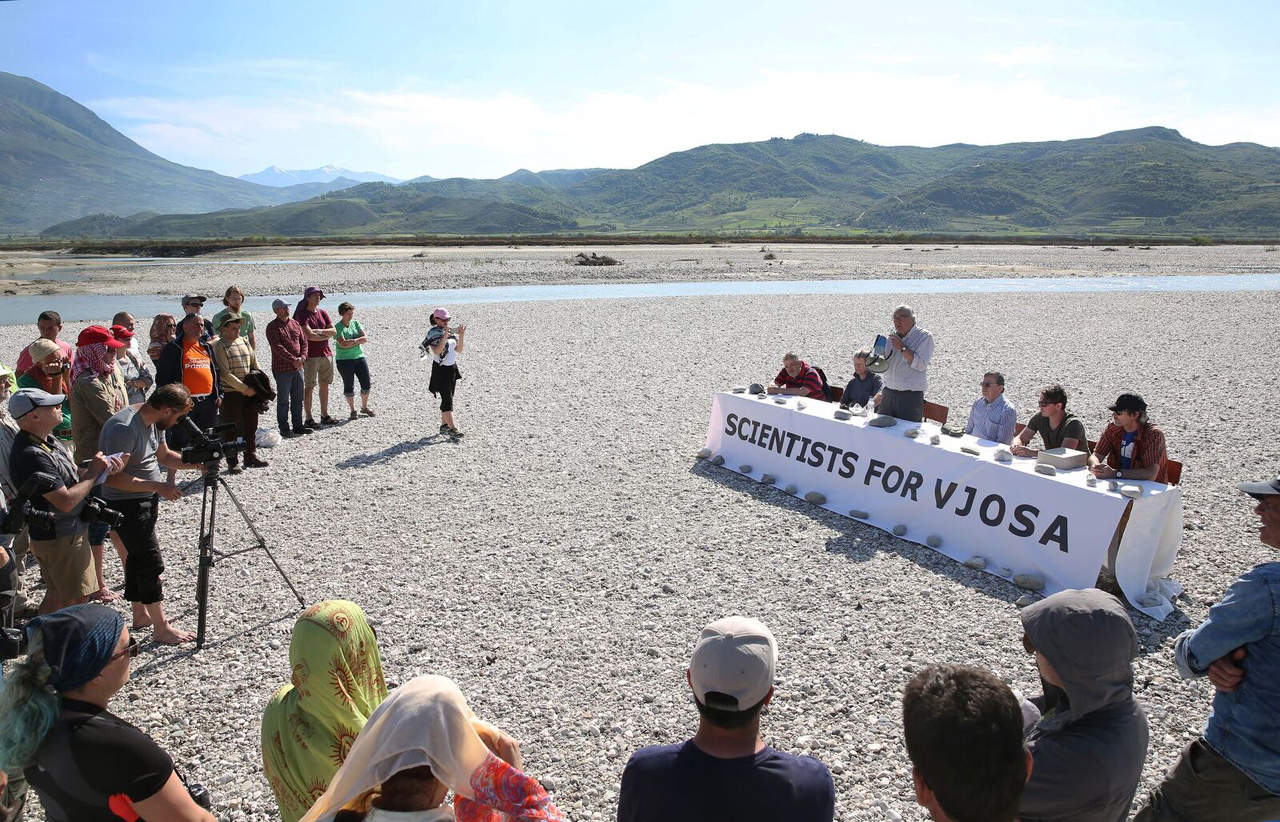
Jens Steigässer
„Well, I’ve seen a lot of press conferences,“ he told me proudly, „but I’ve never seen a press conference of scientists in the middle of a wilderness area... in the middle of nowhere, if you like. Although it was difficult to get the people to the island... When you have a scientist sitting in the university and talking, who would be interested? You need something extraordinary to communicate the message of the scientists!“
In addition to the people, they’d brought tables, chairs, and a big long banner emblazoned with the words „Scientists for Vjosa“.
After the scientists presented their findings and press conference itself wrapped up, we noticed some drones hovering over the island, and were soon all roped into participating in the making of this video:
But is it a losing battle?
Well, actually there’s some late-breaking good news, for the activists, scientists, and locals fighting this project.
More links:
Save the Blue Heart of Europe, EcoAlbania,
EuroNatur, Riverwatch.
As I mentioned before, after the government approved this dam project in the Vjosa, the Save the Blue Heart of Europe campaign sued to prevent it from moving forward. And in recent days – since I came back from Albania, actually – the court ruling came in, in support of not building the dam and the hydropower plant. The Albanian government has appealed, but at the very least, the battle has been won, if not yet the war.
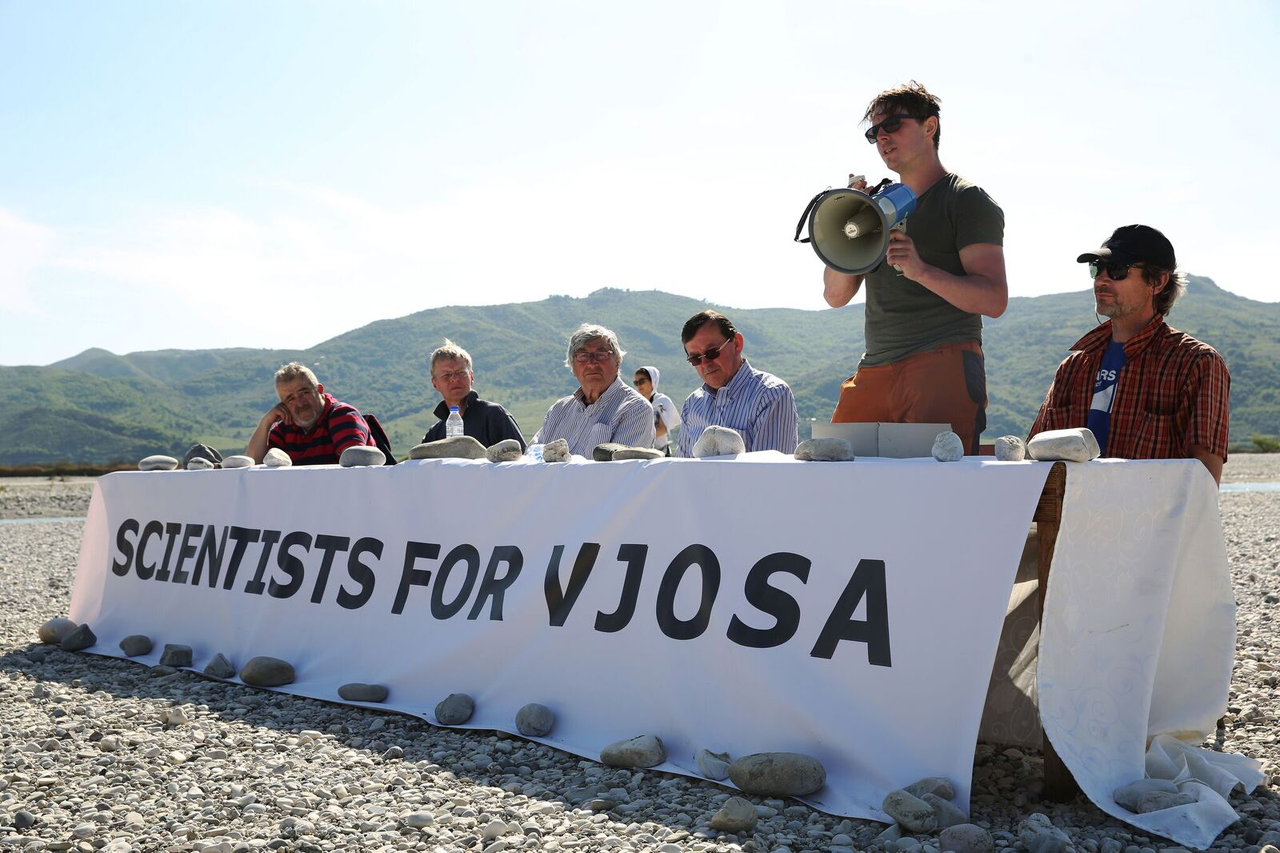
Jens Steigässer
For more information about the campaign to save the Vjosa and other Balkan rivers, check it out online!
FM4 Reality Check Special on Saturday, May 20th
Listen to a Reality Check Special with Johnny Bliss at the banks of the river Vjosa, along with scientists, activists, musicians, and locals.
Saturday, May 20th, 12-13, and afterwards seven days on demand.
If you miss the program, you can still stream it via the Reality Check podcast or at fm4.ORF.at/7tage.
--
Special thanks to Cornelia Wieser, without whose help this entire radio program never would have become a reality!
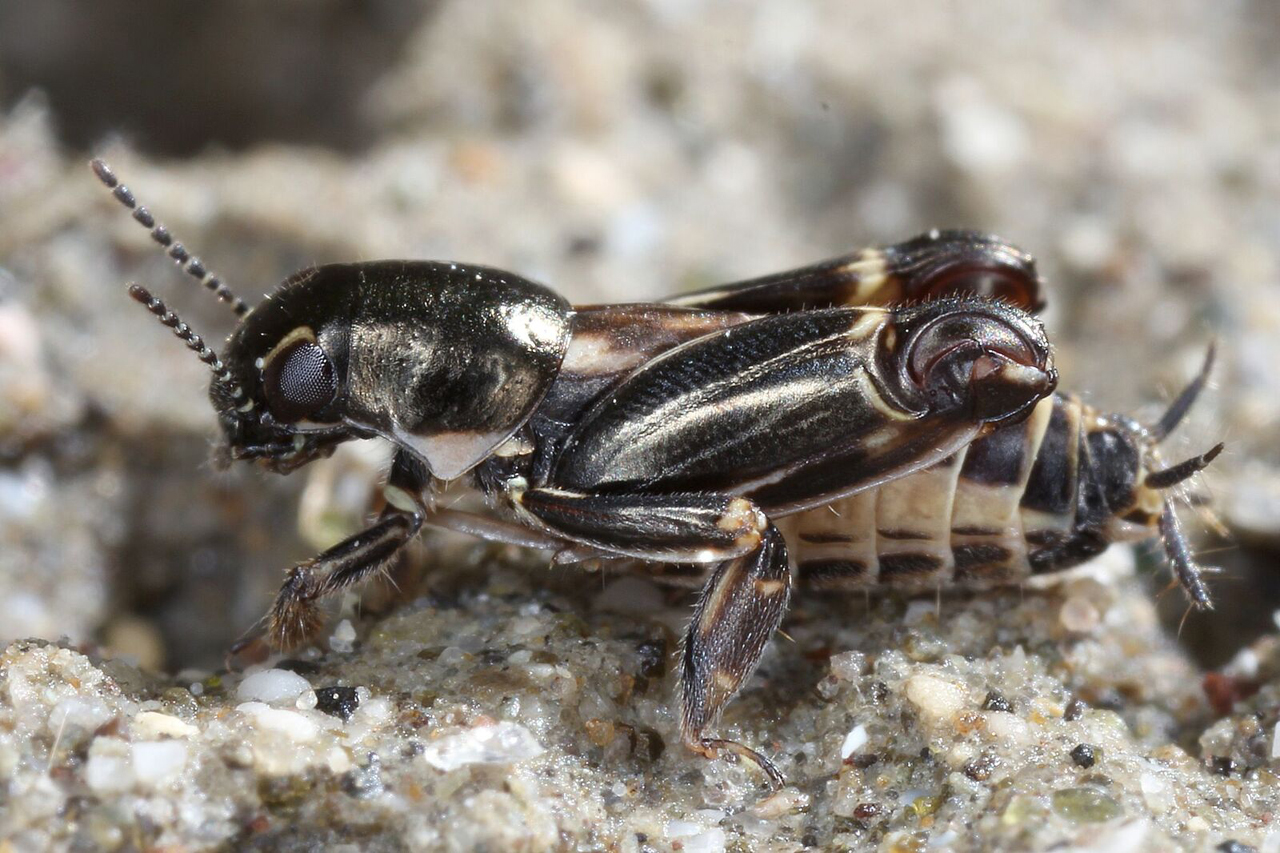
Gernot Kunz
Publiziert am 20.05.2017







